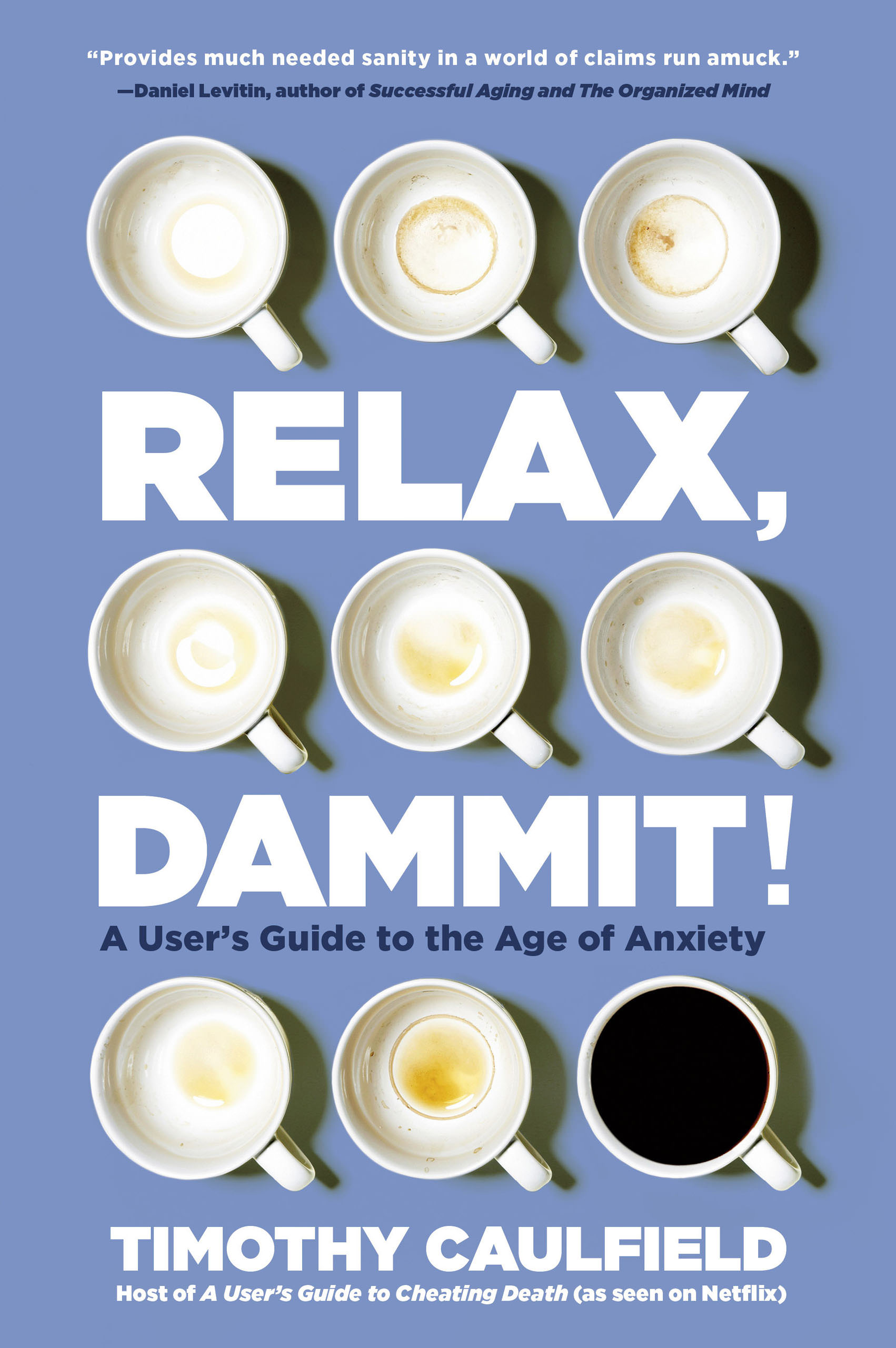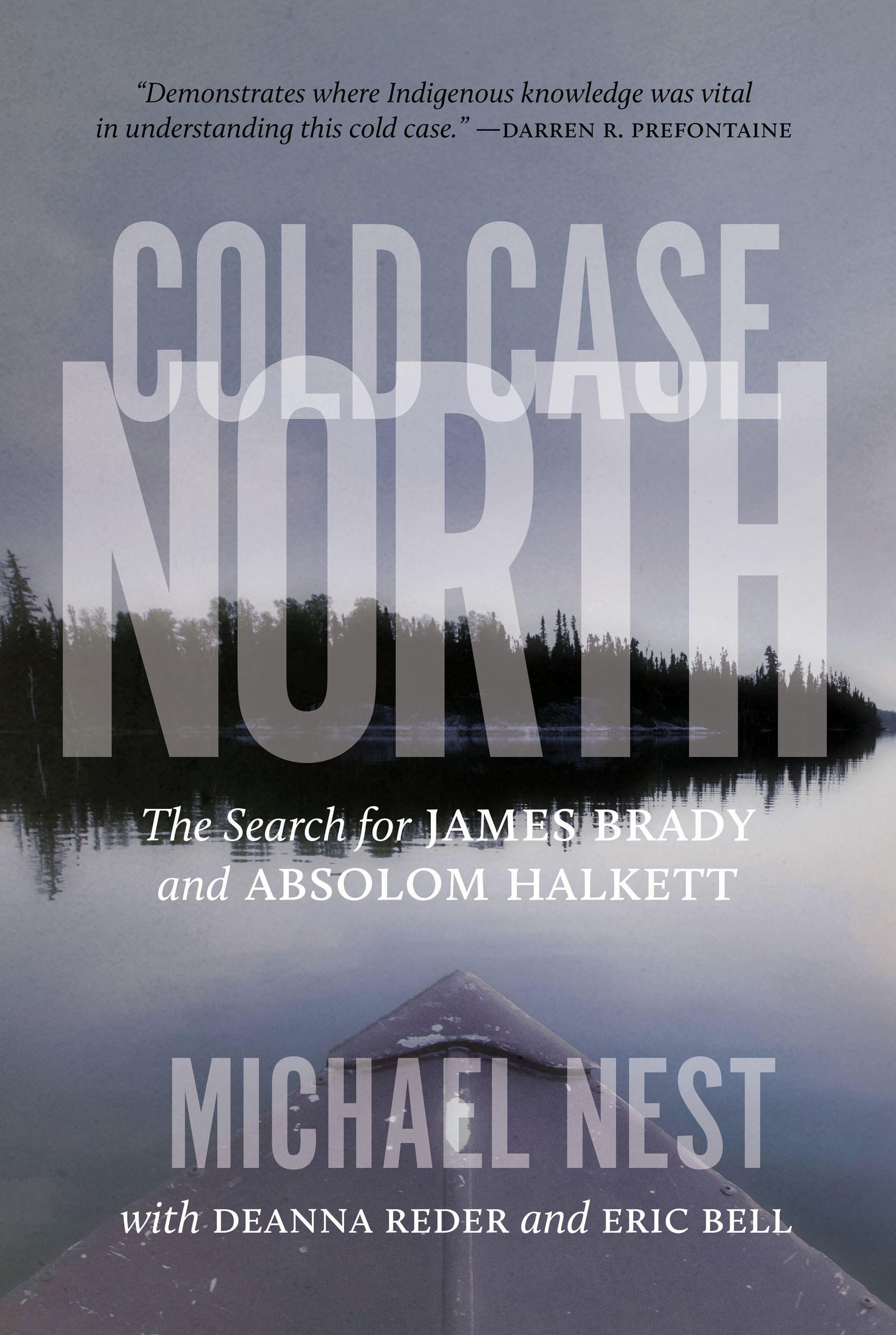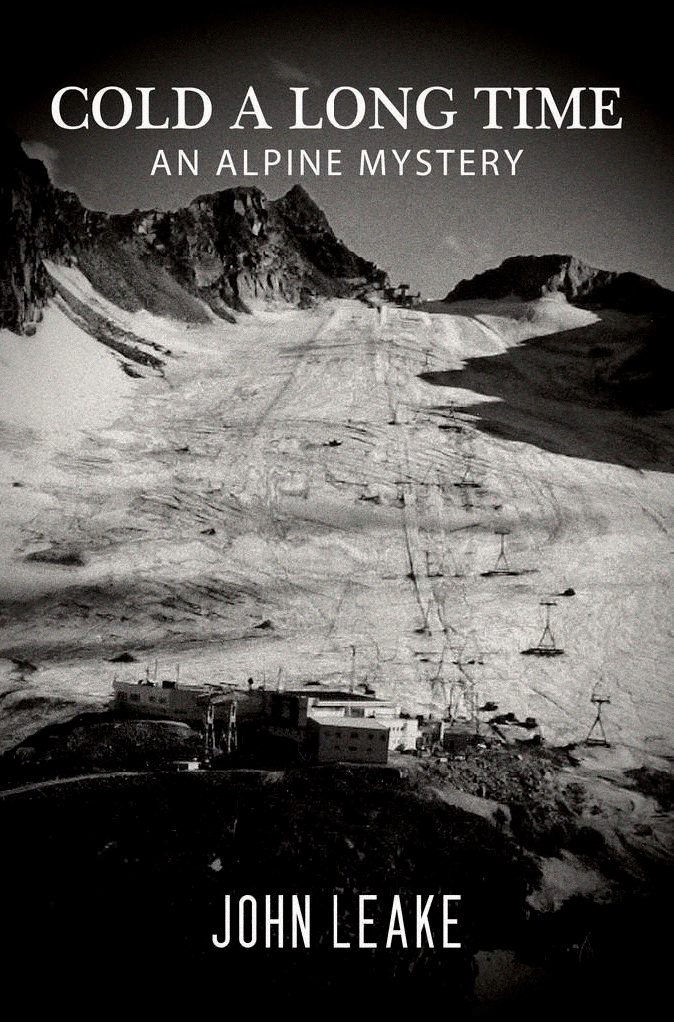Just Our Type Book Reviews
Two new releases worth reading.

Relax, Dammit! by Timothy Caulfield
6:30 a.m.: wake up.
6:31 a.m.: check phone.
“Don’t.”
One word, simply stated underneath the title of this section in Timothy Caulfield’s new book, could sum up the entire crux of Relax, Dammit! Caulfield breaks down a typical day to demonstrate the sheer volume of decisions we make on a daily basis and how they affect our stress levels. Though the number could be in the thousands, Caulfield draws the line at 48, with sections dedicated to such obvious decisions as breakfast and more bizarre ones such as leaving the toilet seat up or down.
Caulfield’s background as a Canada Research Chair in Health Law and Policy provides him with the perspective to examine choices through a well-researched lens and offer insights that help guide people through their day-to-day. There is also the added benefit of Caulfield’s humorous
anecdotes—one involving a pair of underwear and some extremely tight leather pants—that ground this pseudo guide in something personal.
Ultimately, Caulfield draws the conclusion that our stressors are caused by decisions that don’t necessarily matter. Basically, relax, dammit!
Cold Case North by Michael Nest
James Brady was a Métis leader and activist advocating for Indigenous policies and rebelling against government and church oppression in Canada from the 1930s to ’60s. Brady and his friend, Cree band councillor Absolom Halkett, vanished while on a prospecting trip in Northern Saskatchewan in 1967. The pair’s activism, especially about the living conditions of Indigenous communities in the North, led many of their peers to suspect foul play. However, their bodies were never recovered, and the RCMP didn’t find enough evidence to continue the investigation.
Fifty years on, researcher Michael Nest, Cree-Métis professor Deanna Reder, and member of the Lac La Ronge Indian Band Eric Bell are bringing this case back to the public’s attention. Conspiracies surrounding it—including secret mining interests and assassination—are well known in the remote community of La Ronge, and for many the original treatment of the investigation is an example of neglect of Indigenous lives.
The diversion from a traditional narrative (court documents and media reports) not only emphasizes the importance of Indigenous knowledge and leadership but also uncovers new perspectives and truths in the case.





